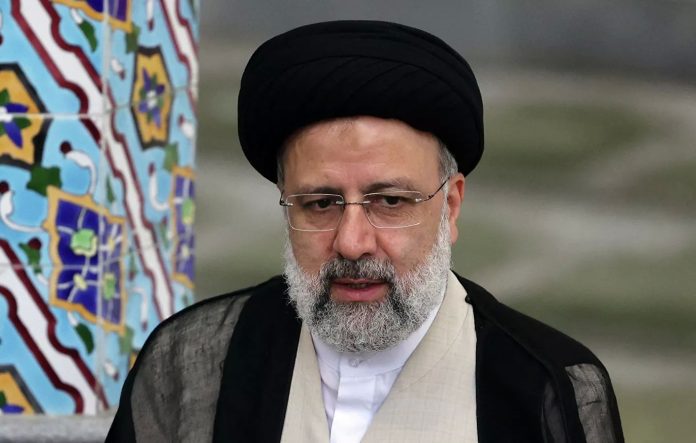Iran's supreme leader Ali Hamenei, known for his decisive opposition to any negotiations with the United States, changed his position after a long-term meeting with the highest leadership of the Islamic Republic. According to The New York Times, this was the result of pressure from the President, the chairman of the parliament and the head of the judiciary who convinced Hamenei to allow negotiations with Washington.
The Iranian leader, despite the publicly annoyed stance on the US, later agreed to negotiate, first through intermediaries, and in case of success - and direct contacts between Iran and America. This became an important turn in the diplomatic relations of Iran and the United States, which, since the reign of Hamenoea, have been marked with serious tense moments and hostility.
Sources familiar with the situation reported that Hamenei, who had previously called negotiations with the US "idiotic", surrendered under pressure, after the highest officials of the country warned him of the serious consequences of refusing diplomatic efforts. Iran's President, Parliament Chairman and Head of the Judiciary have called on Chamenoea that without diplomatic negotiations and possible weakening of relations with the United States, the regime of the Islamic Republic may be under threat of internal destabilization. They also stressed that in the event of negotiation, Iran may suffer serious military strikes, including nuclear facilities in Nathang and Ford.
Pressure from government figures was a response to the strengthening of the international stress related to the Iran nuclear program and its obligations under international agreements. Given that the nuclear program of Iran remains one of the main points of differences between Tehran and Washington, the lack of progress in the negotiations significantly increased the risk of hostilities. This, in particular, had to cause Iran to eventually began to consider the diplomatic path as an opportunity to avoid escalation of conflict.
Equally important is the fact that Hamenei later expressed his readiness to allow intermediaries into negotiations, which is a significant step towards further resolution of the conflict. Initially, the negotiations will pass through the third party, which will be the mediator between Tehran and Washington. This step has become historical, since Iran has categorically abandoned any conditions that involve the US participation in the negotiations.
The international community expects the development of the situation, because it depends not only on the future of relations between Iran and the US, but also the situation in the global context. In particular, the international community has long been concerned about Iran's nuclear program and Tehran violation of a number of international agreements. In case of successful negotiations, Iran will be able to demonstrate more readiness to cooperate with international institutions, which may have long -term political consequences.
Thus, Hamenoe's approval for negotiations with the United States is an extremely important political turn, which can lead to significant changes in the diplomatic landscape of the Middle East. At the same time, it also opens new opportunities to reduce tensions in the region and improve Iran's international relations with other countries, including those who are concerned about Tehran's nuclear program.


